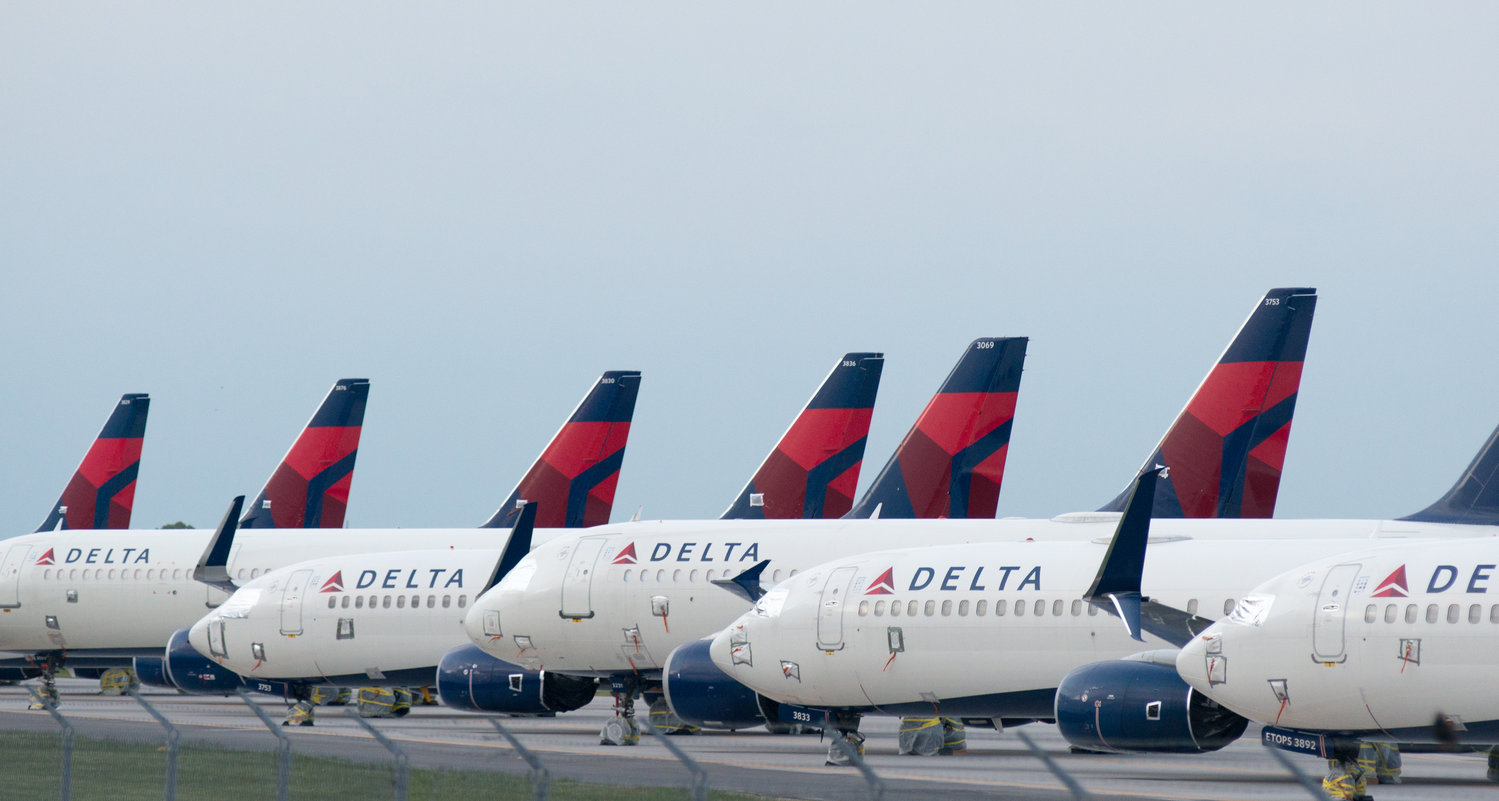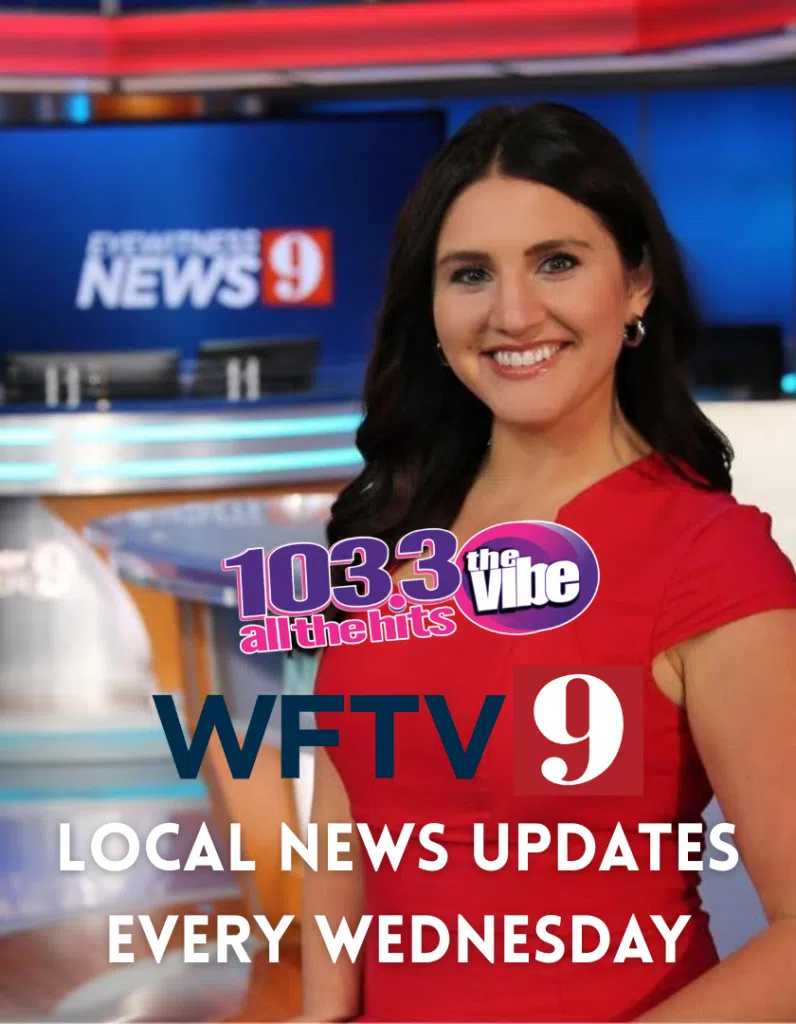Atlanta, GA – Delta Air Lines is pushing Washington DC to make a federal no-fly list of unruly passengers, and it’s asking other airlines to share their lists of passengers removed during the pandemic. In September 2021, the company released a memo to employees saying over 1,600 passengers were added to Delta’s own no-fly list, with another 600 names submitted to the Federal Aviation Administration’s no-fly list. Delta justified involving other airlines in a list by saying: “A list of banned customers doesn’t work as well if that customer can fly with another airline.” In 2021 alone, the FAA received almost 6,000 unruly passenger reports, of which almost 4,300 were related to masks. Those reports resulted in over 1,000 investigations, but only 350 enforcement actions. While Transportation Secretary Pete Buttigieg voiced his support for a new federal no-fly list, a collection of GOP lawmakers have spoken out against a new list. On Valentine’s Day, eight Republican senators, including Sen. Marco Rubio, signed a letter pressuring the Justice Department to block the list. The letter said that most of the recent unruly behavior is related to mask mandates, so banning those passengers “would seemingly equate them to terrorists,” drawing a connection to the FAA’s current no-fly list, which has been historically limited to just terrorists and wanted fugitives. Problems have also been raised by the American Civil Liberties Union. In the past, the ACLU has spoken out against the government’s current no-fly list. This is because some who have made the list weren’t told why they were added, and they don’t know how to get off. One senior policy analyst, Jay Stanley, raised some issues about Delta’s plan in a report from the Washington Post. According to Stanley, Delta needs to first address who decides who gets on the list, how long they’re supposed to stay on, and how someone can be removed from the list. He also mentioned placing an individual on a no-fly list would create a new punishment for incidents that are already prosecuted through the justice system. Locally, one employee at the Daytona Beach International Airport thinks a new no-fly list is a good idea. Aviation & Economic Resource Director Cyrus Callum has spent his career in multiple airports, including Orlando International Airport, one of Florida’s main travel hubs. He said he hasn’t had any problems with unruly passengers at DBIA, but at some of the state’s larger airports, problems are somewhat common. “When I worked at Orlando it wasn’t an everyday basis, but probably on a regular basis because you’re taking care of so many passengers,” said Callum. “There’s so many different personalities and situations out there, you’re probably more exposed to it.” In his opinion, he supports airlines coming together with some consensus on how to handle unruly passengers. “If you think about how much money it’s costing the airlines to divert a flight to deplane an unruly passenger, it can be a headache,” added Callum. “It displaces all the other passengers on that flight who had nothing to do with that occurrence.” Typical Consequences Typically when someone is removed for being unruly on an airline flight, they can face a number of different consequences and challenges. First, passengers can run the risk of being banned from individual airlines if they end up disrupting a flight. People can also pay fines imposed by the FAA costing upwards of $37,000. Additionally, under a new partnership between the TSA and the FAA, unruly passengers can also lose their TSA PreCheck screening eligibility. “If you act out of line, you will wait in line,” FAA Administrator Steve Dickson said. “Our partnership aims to promote safe and responsible passenger behavior. One unruly incident is one too many.” In the partnership, the FAA will also provide the TSA with information of passengers who receive proposed fines for unruly behavior. Additionally, the TSA will share information to help the FAA identify and locate unruly passengers to serve them with penalty notices.
Delta Wants Federal No-Fly List For Unruly Passengers















